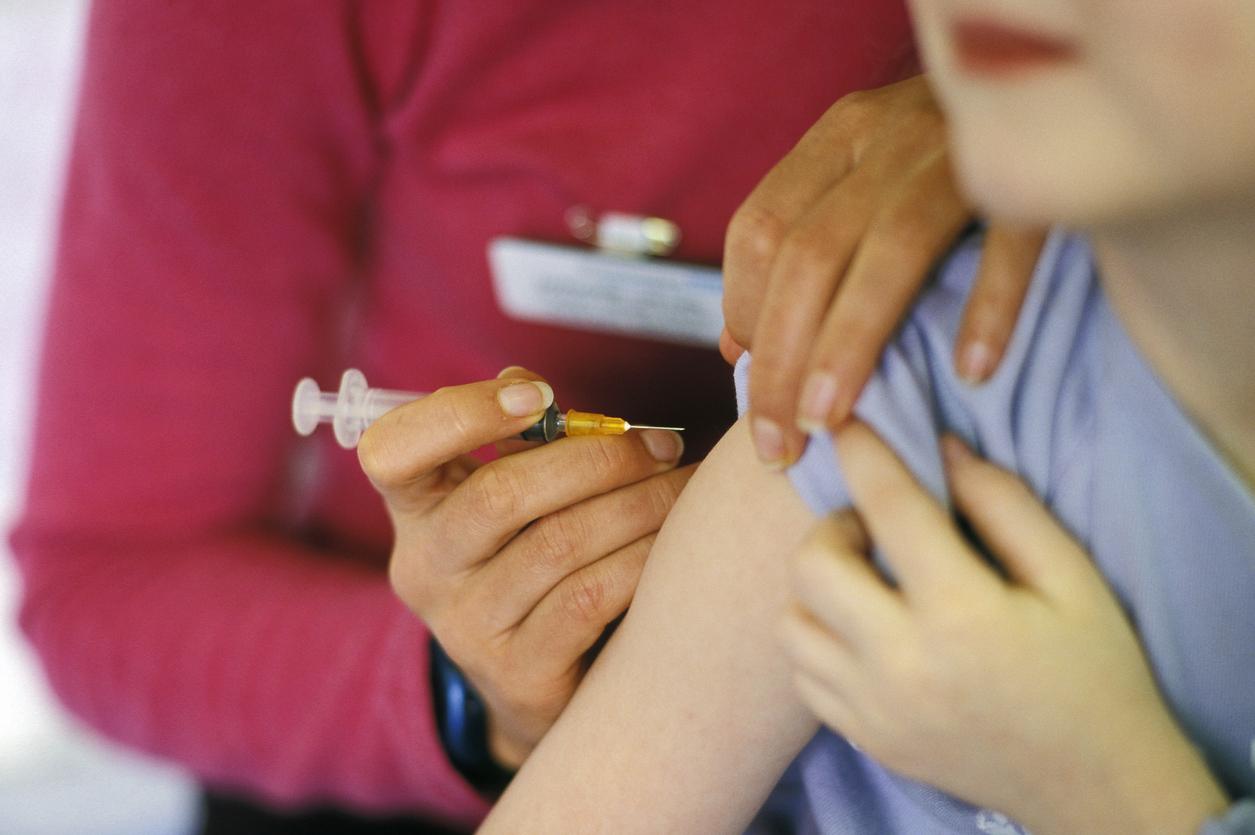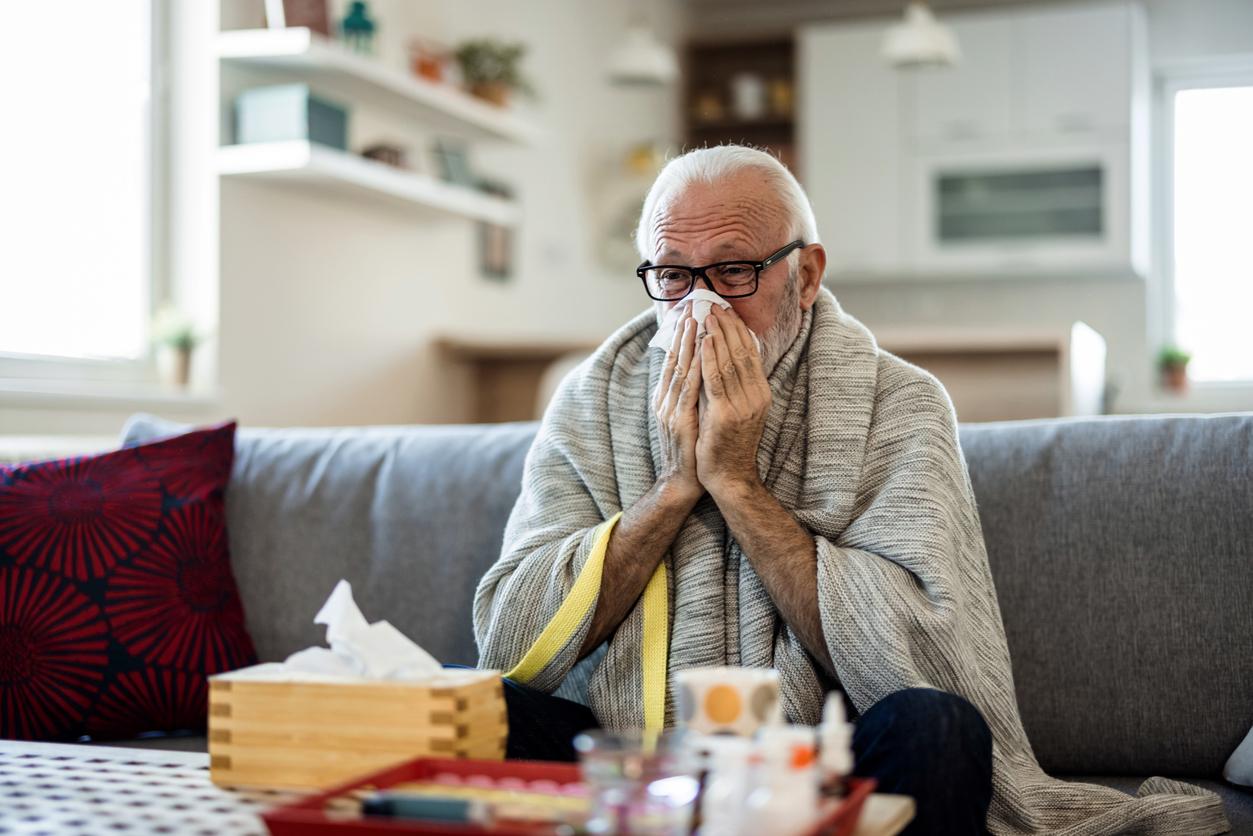Simplify is the watchword. In its latest opinion, the High Council of Public Health wants to maintain compulsory vaccination, and impose its total free, for more equal access.

The immunization system must evolve. This is what the High Council of Public Health (HCSP) concludes in his last opinion. He is clearly in favor of compulsory vaccines, but he believes that they should be free and more numerous.
Vaccination is “the most effective public health action”, judges the HCSP in the preamble of its opinion. It has provided undeniable results: since 1989, France has not experienced an indigenous case of polio. Tetanus only killed 36 people between 2008 and 2011. However, only France and Italy maintain the vaccination obligation among industrialized countries.
Add MMR to mandatory vaccines
This situation against the tide does not prevent the High Council of Public Health from pronouncing in favor of compulsory vaccination. This is also the opinion of 56% of the general population and 42% of doctors, he justifies. He even wants to expand the list of mandatory vaccines and add MMR (Measles-Mumps-Rubella) to diphtheria, tetanus and polio vaccinations.
A major obstacle is opposed to the lifting of the vaccination obligation, continues the HCSP. Two surveys by the Institut de Veille Sanitaire (InVS) and the Institute for Prevention and Education for Health (INPES) reveal that in the event of lifting, 21% of the general population would question the merits vaccination. As for doctors, 83% of general practitioners and 90% of pediatricians would insist that parents vaccinate… but 15 and 9% of them would give them the option of not vaccinating. “The fear of a drop in vaccination coverage appears today as the main reason for maintaining a compulsory regime”, concludes the HCSP.
The paradox of compulsory vaccination
Despite its obvious benefits, compulsory vaccination is a paradox. Since 1964, no new obligation has been established, even though certain “recommended” vaccination diseases represent “a comparable or even greater burden than that for which vaccination is compulsory”, observes the HCSP. He cites as an example hepatitis B – with 1,300 deaths per year from cirrhosis or liver cancer – and the human papillomavirus – which causes 1,000 deaths each year from cervical cancer.
On the other hand, the very existence of an “obligation” devalues “recommendations” in the eyes of the general population: 53% of those questioned consider that the recommended vaccines are less important than the compulsory ones. Not to mention that combined vaccines combine recommended and mandatory dosages … which further complicates the situation.
“The HCSP considers that the current public vaccination system is complex, illegible and unequal”, concludes the opinion of the HCSP. Complex because many structures can vaccinate, illegible because “the same vaccine can benefit from a different compensation regime depending on whether it was administered within the framework of the vaccination obligation or the recommendation” and unequal because the coverage varies according to the departments, populations and vaccines. It is therefore necessary to simplify and “reorganize the public offer of vaccination. “For this, the High Council recommends that the vaccines listed in the vaccination calendar be not only free, but also fully covered by health insurance. It also calls for better information on public vaccination centers and their offer, namely all the vaccines included in the vaccination calendar.
.

















